Our research encompasses the spectrum of important drug-resistant infections in the region, including multi-drug resistant (MDR) gram-negative bacteria, Mycobacterium tuberculosis, and artemisinin-resistant Plasmodium falciparum.
OUCRU Hanoi’s current research programme is almost entirely focused on antimicrobial resistance. It includes descriptive and laboratory studies on drug-resistant infections in hospitals and communities, community-based interventions to reduce use and resistance, including rapid diagnostics (C-Reactive Protein), implementing and researching antimicrobial stewardship at provincial-level hospitals and laboratory solutions at district-level hospitals.
OUCRU Hanoi shares a microbiology laboratory with the National Hospital for Tropical Diseases, including whole genome sequencing capacity. Researchers at OUCRU Hanoi are also leading international initiatives like ACORN/ACORN-WGS and Just Transitions for AMR, and are part of multinational AMR studies as the AWaRe1 trial, ABACUS and the ADVANCE-ID network.
From 2009, the research programme has included driving the situation analysis and informing the National Action Plan for antimicrobial resistance (2013-2020), establishing a surveillance network of hospitals (VINARES) and a reference laboratory for antimicrobial resistance, both of which have been recognised by the Ministry of Health Vietnam and received national status under Fleming Fund grants.
OUCRU had a seat on the advisory panel to the Vietnamese Ministry of Health for the development and implementation of the National Strategy to Combat Antimicrobial Resistance 2023-2030 with a vision to 2050, which was signed off by the Prime Minister of Vietnam in 2023.
In Ho Chi Minh city, the Unit has focused on bacterial drug resistance, developing clinical microbiology capacity in a wide spectrum of hospitals, drug-resistant infections in the ICU, resistance among enteric pathogens (Shigella and Salmonella Typhi), and at the human-animal interface (E. coli, non-Typhi Salmonella, S. suis). This has also included large-scale whole-genome and microbiome sequencing. In addition, part of the portfolio of malaria and tuberculosis research groups is dedicated to drug-resistant infections, including treatment trials, whole genome sequencing and more discovery-oriented research on resistance mechanisms and emergence.
Over the past four years, OUCRU Indonesia has leveraged the existing expertise and networks in Vietnam and nurtured a closely aligned yet context-specific research programme. This includes mixed-method research to understand patterns and drivers of antibiotic prescribing in hospitals and identify opportunities for stewardship interventions. OUCRU Indonesia takes part in several large international projects that are delivered in both countries on AMR surveillance, antibiotic stewardship, and blood culture barriers.
Conducting these studies across the two countries in our programme and the wider Oxford Tropical Network allows for local tailoring and contextualisation, while the collaboration between the two countries and the wider Oxford Tropical Network network enhances the generalisability and impact of results.
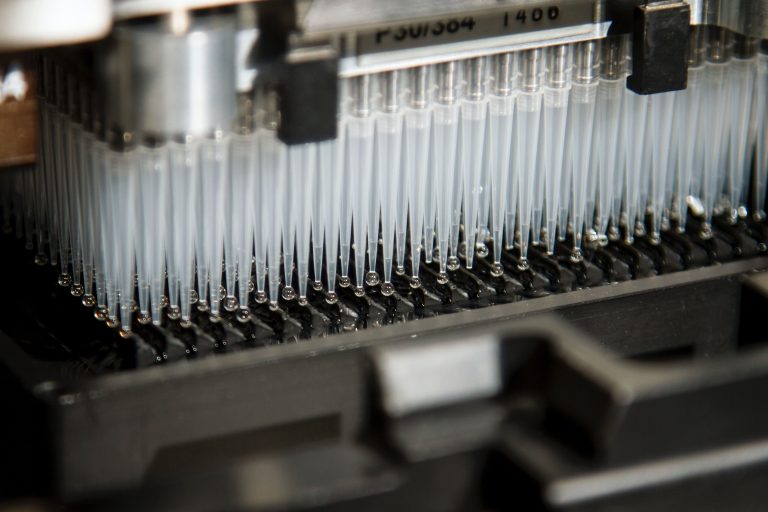
Improve the impact of surveillance of drug-resistant infections using clinically oriented case-based hospital surveillance and whole genome sequencing.
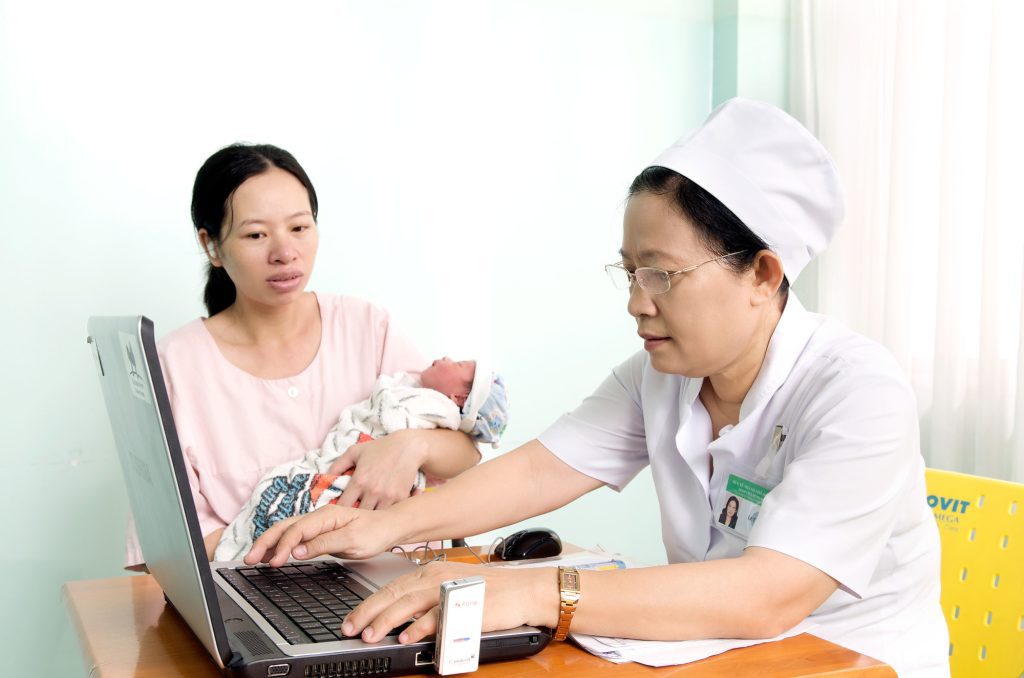
Continue our antimicrobial stewardship programmes at provincial-level hospitals and expand to district-level hospitals:
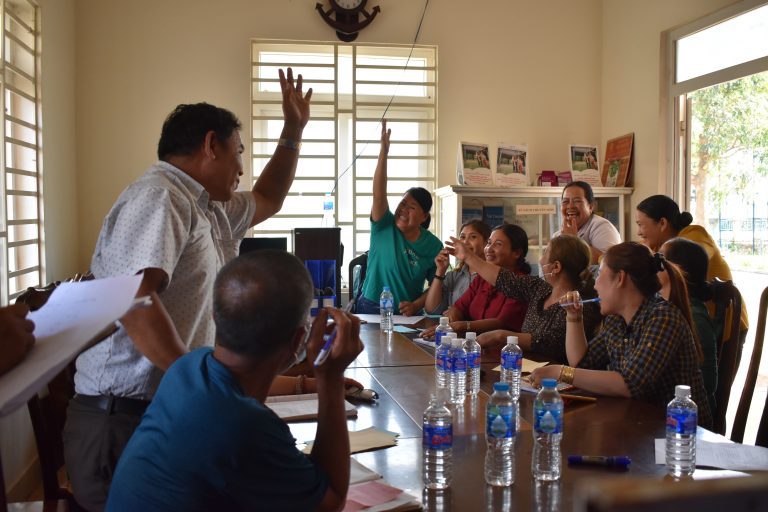
To evaluate interventions to reduce antibiotic use and resistance at the community level, taking a OneHealth approach.
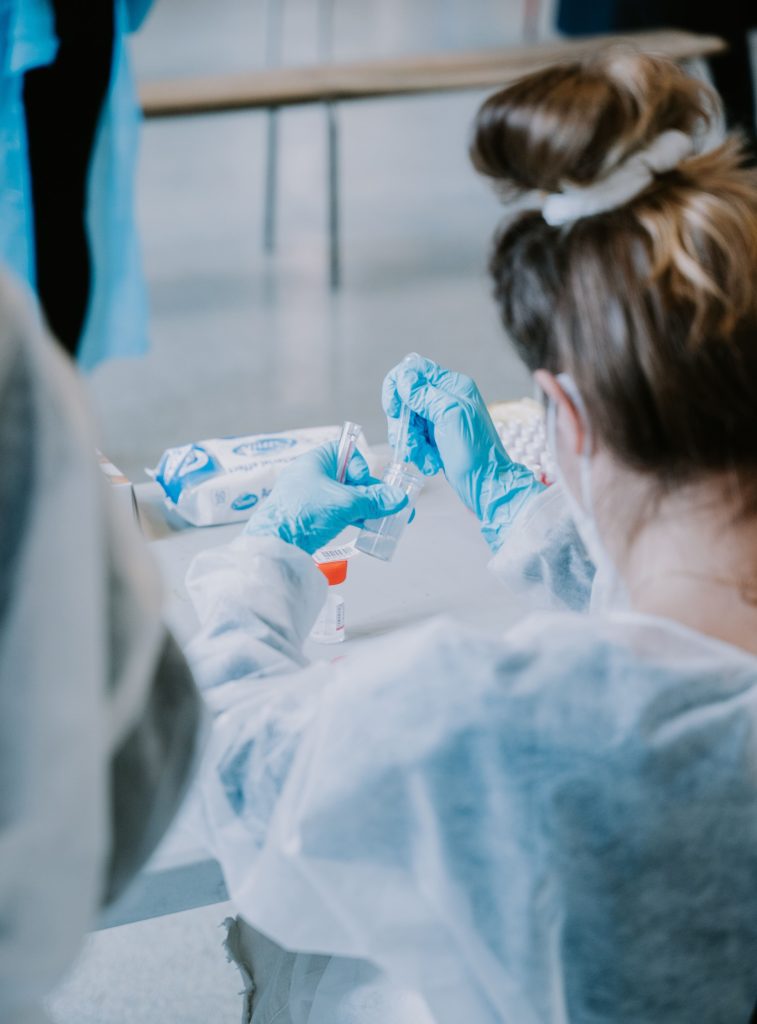
To conduct innovative clinical trials to evaluate treatment outcomes of drug-resistant infections.

Explore quantitatively how climate and AMR are related and combine this with community engagement to explore public understanding of the health risks associated with climate change and AMR.
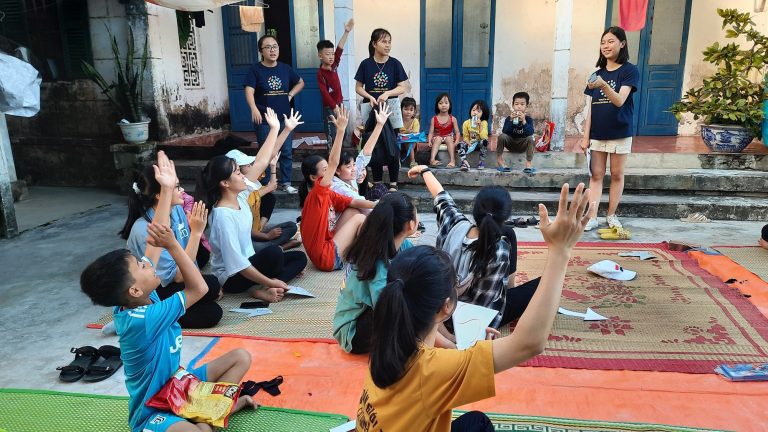
Public and Community Engagement: Engaging the public in our AMR research through activities in hospitals and communities, including photo-voice co-production events, advisory boards and community-led interventions in farming groups.
Our AMS Programme is a strategic initiative designed to curb the growing threat of antimicrobial resistance (AMR).